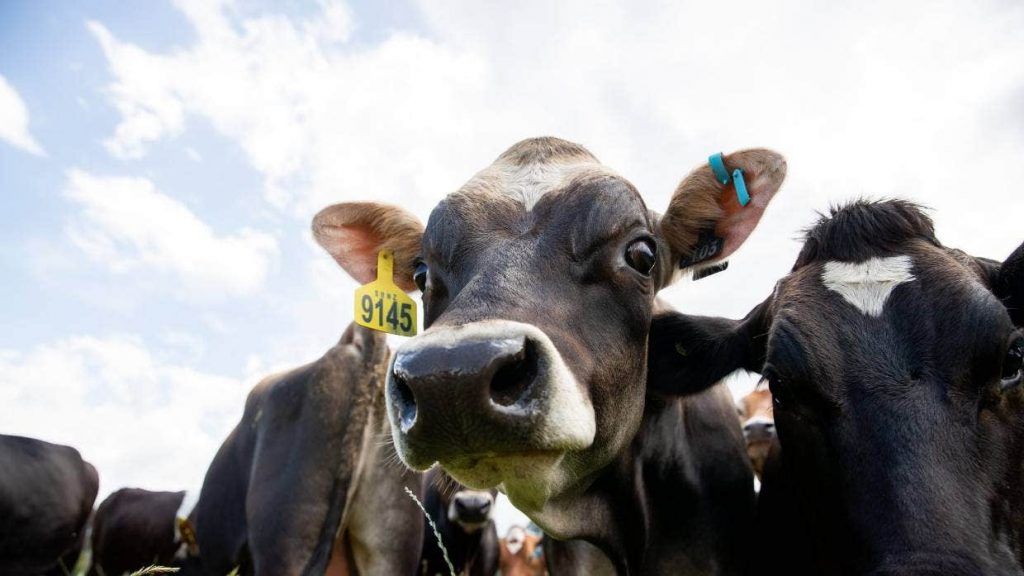
Kaimai Dairy Farm Limited, the farm owner, and Glen John Ashford, the director of Kaimai Dairy Farm Ltd and manager of the farm, both pleaded guilty to an offence of discharging dairy effluent on to land in circumstances where it may enter water.
Kaimai Dairy Farm Ltd was fined $23,450 and Ashford was fined $34,650.
The charge related to a farm in the Kaimai Ranges, at the corner of Hanga Rd and State Highway 29, in 2018.
During a compliance visit, an inspector from the Bay of Plenty Regional Council found a new effluent storage pond required under resource consent conditions was not in use.
The inspector also found a build-up of effluent in one of the sprinkler pods, indicating it had not been operating correctly, and a modification to the rain gun irrigator, which was not in accordance with the manufacturer’s specifications.
A nozzle from another brand of irrigator had been attached and the stainless steel arm designed to break the flow of effluent as it exits the nozzle was flicked up instead of pointing down.
Although the effluent pump was switched off, effluent continued to siphon through the effluent line and discharge from the nozzle of the rain gun irrigator.
A large quantity of effluent had ponded beside the irrigator, indicating that it had malfunctioned and, instead of rotating, had discharged effluent in only one direction downhill during its operation.
Bay of Plenty Regional Council compliance manager, Alex Miller, said everyone involved in effluent on a dairy farm had a responsibility.
“These cases show the importance of everyone monitoring what’s happening on the farm and being engaged with their role in dairy effluent disposal. That includes the resource consent holders, farm owners, directors, managers, and staff.
“The maintenance of irrigators and active monitoring of effluent irrigation is critical to avoiding adverse environmental impacts.”
The prosecutions come at a time when freshwater management is in the national spotlight and regional implications are being assessed.
New national rules and requirements now apply for certain land and water use activities. These mainly affect farmers, growers, people who take water from natural waterways, and anyone working in or near waterways or wetlands.
“Our water and land management practices maintain and improve the life-giving ability of the region’s freshwater resources,” Miller said.
“Healthy waterways are the lifeblood of thriving people, businesses and environments.”























